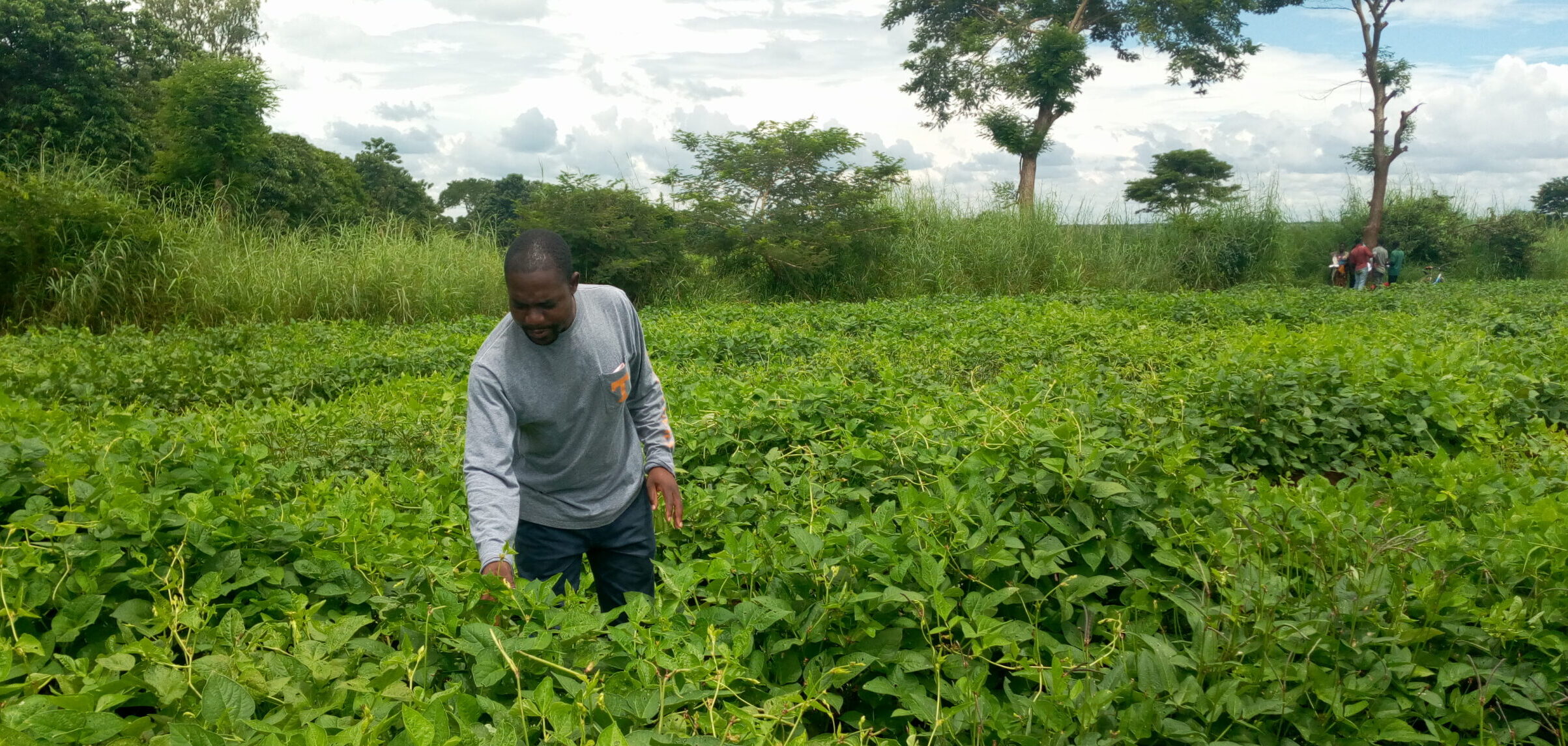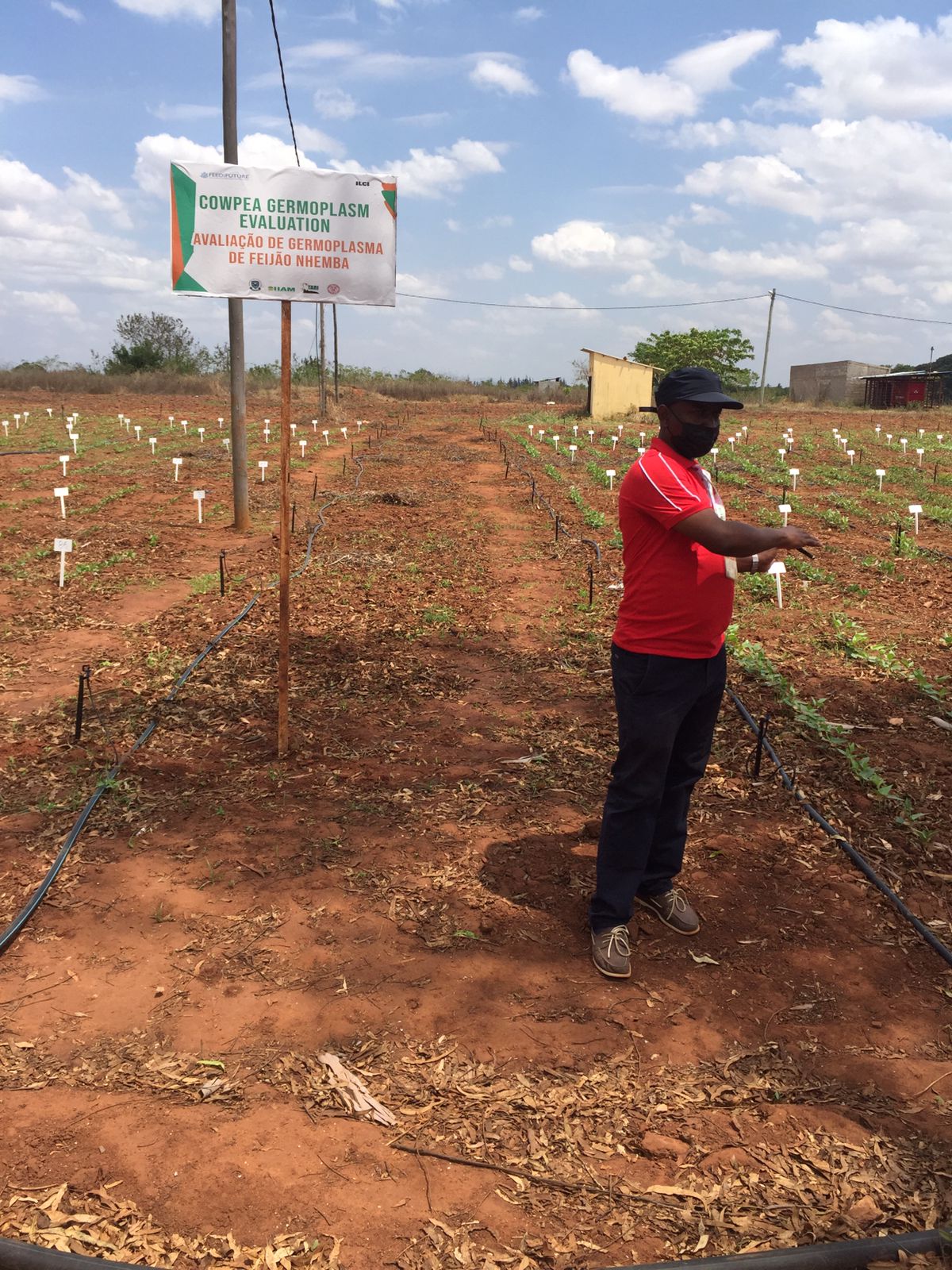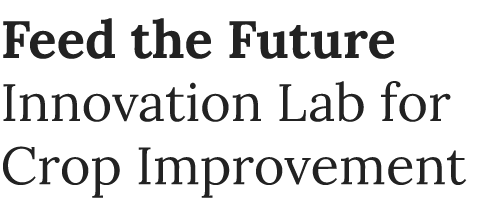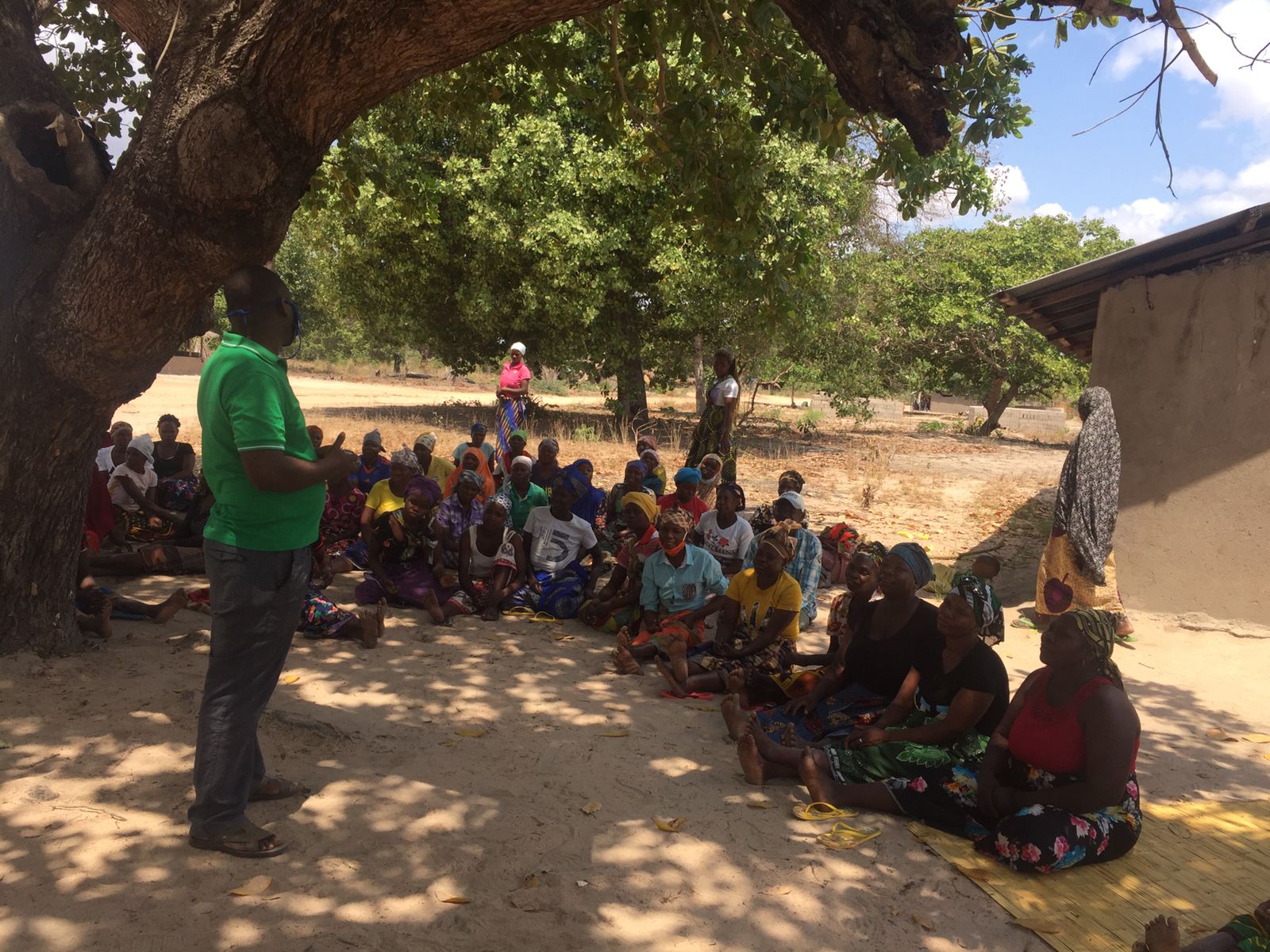As plant breeders around the world mobilize to breed staple crops adapted to rapidly changing environments, there is one critical element out of their control – time. How can breeding programs harness resources to make the most of limited planting seasons? Innovations by a team of cowpea breeders across Malawi, Mozambique and Tanzania are making it possible to expand breeding operations in less time by making more efficient use of water.
A newly installed water pump in Malawi and irrigation system in Mozambique are allowing breeders to double down on efficiency by shifting from one crop cycle per year to two.
The effort, led by the Center of Innovation for Crop Improvement for East and Southern Africa (CICI-ESA) which launched in 2021 as part of the Feed the Future Innovation Lab for Crop Improvement, seeks to enhance food and nutrition security, climate change adaptation and environmental sustainability in the arid regions of East Africa.
Cowpea is especially important to food security in the region. As CICI-ESA develops cowpea varieties that stand up to drought, heat, low soil fertility and pests, the new water and irrigation resources have helped to screen cowpea germplasm for resilient traits, particularly drought tolerance.

”This new infrastructure has transformed the way our breeding program is being implemented.
Michael Chipetaprincipal investigator of CICI-ESA and plant breeder and lecturer at the Lilongwe University of Agriculture and Natural Resources (LUANAR)
Not only is the center focused on improving its efficiency and accelerating variety development, but it is also carrying out the region’s most inclusive cowpea breeding process to date.
In its inaugural year, CICI-ESA collected a diverse pool of germplasm from farmers throughout Malawi, Mozambique, Tanzania and Nigeria and phenotyped the germplasm for key traits. After performing a recent comprehensive cowpea value chain mapping and gender analysis study in Mozambique and Malawi, preliminary survey results show farmer preferences are quite different from what breeders usually envisage for new cowpea lines.

”For the first time in Malawi and Mozambique, new cowpea lines are being developed that are sensitive to farmers needs and taking into consideration gendered preferences.
Michael Chipeta
CICI-ESA’s mission is to develop new of cowpea varieties with farmer and consumer preferred, market driven, gender, youth and resilient inclusive traits to enhance food and nutrition security, climate change adaptation and environmental sustainability in Malawi, Mozambique and Tanzania.
CICI-ESA is led in Malawi by LUANAR with partners in Mozambique (Instituto de Investigação Agrária de Moçambique, IIAM) and Tanzania (Tanzania Agriculture Research Institute, TARI-ILONGA).
Cover photo: A cowpea breeder at CICI-ESA hosts a meeting with farmers as part of a comprehensive value chain gender analysis survey. Photo provided by CICI-ESA.




